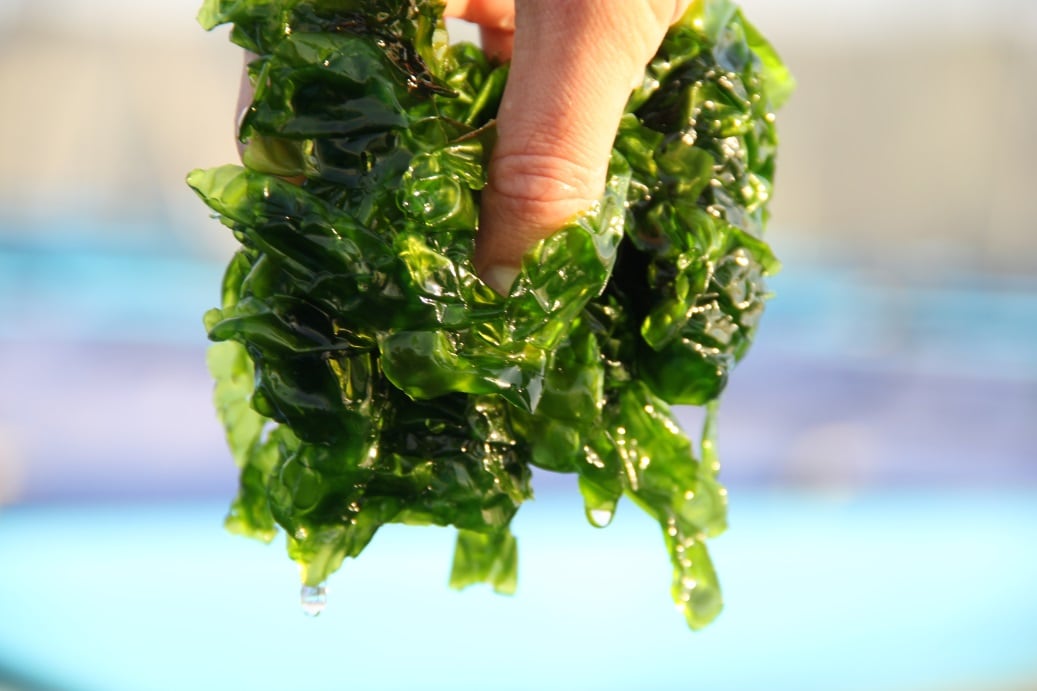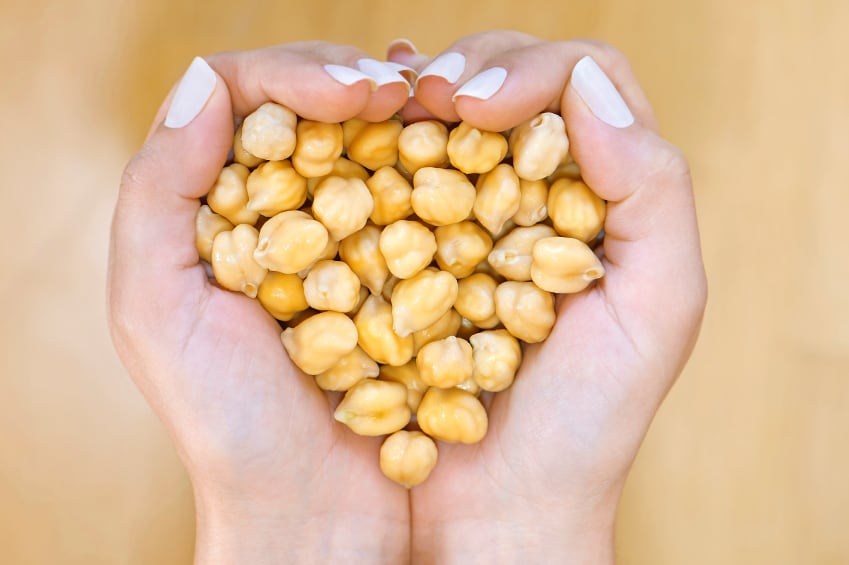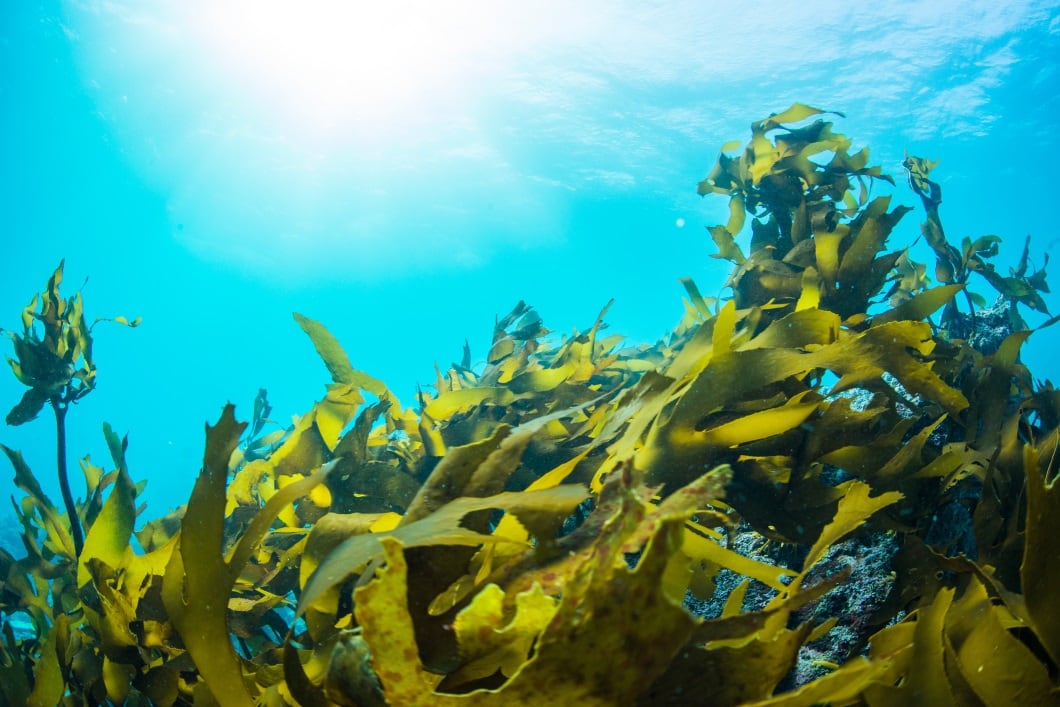Seakura was founded in 2007 by Yossi Karta. Based in Mikmoret, Israel, Karta explained the business was formed ‘out of a powerful love for the sea and the environment’.
Karta wanted to address two problems: the need to increase access to good sources of nutrition for the world’s growing population and the need to protect marine environments. From these, his understanding of ‘ecological marine agriculture’ was formed.
“This wish is expressed in the company’s name, composed of two words, 'sea' from English and 'kura', or treasure chest, in Japanese,” he told FoodNavigator.
So, what does ecological marine agriculture look like for Seakura? The company has developed an advanced agricultural model that, unlike traditionally harvested seaweed, is land-based. The Seakura farm is located along the coastline stretching between Haifa and Tel Aviv and contains seawater pools which mimic the marine environment.
Clear seawater is pumped from the sea and filtered using ‘leading technology’. It is then fed through to Seakura’s land-based seaweed growing pools, which imitate the conditions in the sea. The containers are open to the sun and condensers in the water create wave-like movements.
Controlling the seawater quality and temperature support optimal growth condition for the seaweed resulting in high nutritional values, the company claims.
Land-based production offers a number of other quality benefits and unlocks the door to consistent year-round quality production.
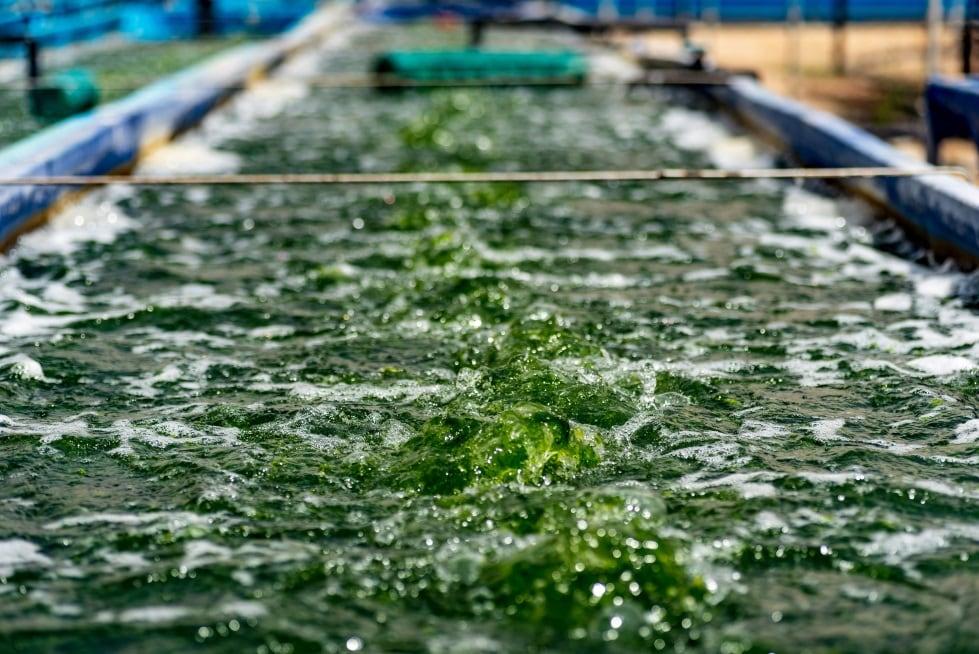
“This innovative method replaces the traditional method of harvesting seaweed from the open ocean, where it is exposed to pollutants of all kinds that result in unstable harvest of very low-quality seaweed,” Yossi Tal, Seakura’s chief marine biologist explained.
“In order to preserve the ecological balance and the marine environment, at the end of each growth cycle we return clean water to the sea.”
Tal stressed that the seaweed produced by this process has a number of advantages when it comes to food safety and exposure to pollutants and heavy metals. “[It is] filtered, closely monitored, year-round cultivation, with no human hands. Unlike open ocean harvest, we are EU Organic, USDA, ISO and BRC AA certified.”
The company has secured intellectual property rights for its production process, the marine biologist continued. “Recently the US patent office gave final approval for Seakura's patent application title ‘Macro algae biomass production’. The US Patent approval places Seakura at the technological frontier of land-based cultivation of macro algae worldwide.”
‘Seaweed is the basis of food and nutrition’
Seakura produces two kinds of seaweed at its facility in Israel: ulva and gracilaria.
Ulva is rich in B12 vitamins and minerals. It contains 33% protein and 36% dietary fibre as well as magnesium, iron, calcium, zinc. According to the company, it can be used as an ingredient on its own, as a spice in a broad variety of foods, or as a health supplement in a range of juices and shakes.
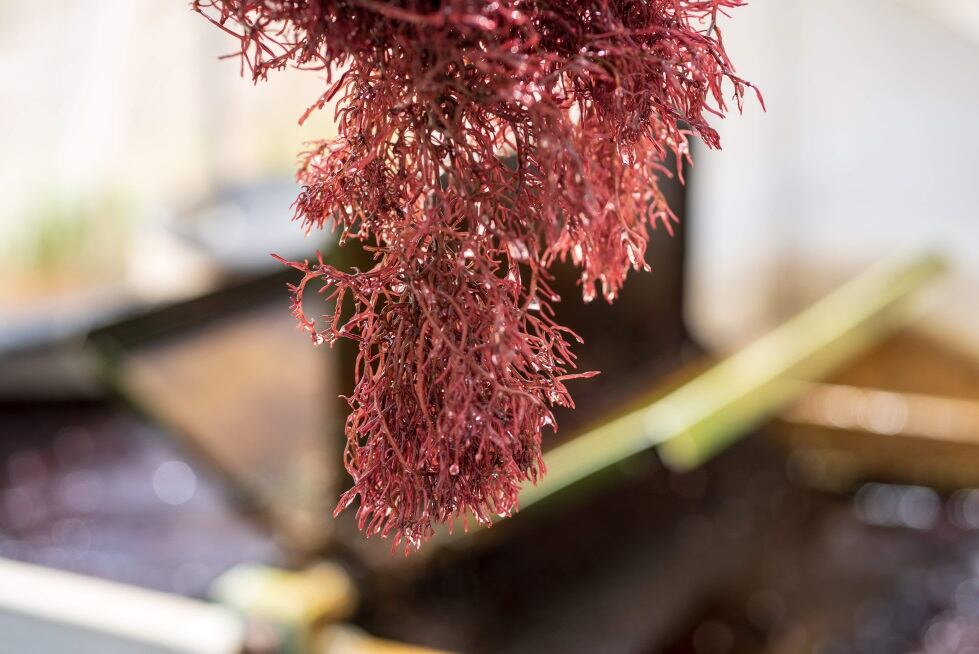
Gracilaria contains omega fatty acids and relatively high levels of calcium and iron. Major amino acid components are glycine, arginine, alanine and glutamic acid. The seaweed is 30% protein and 29% dietary fibre, the company noted. Seakura revealed that in the food industry, gracilaria is used to thicken sauces and stews, as well as being a key to the preparation of vegetarian gelatin.
Karta is enthusiastic about the positive nutrition offered by seaweed. “We believe that seaweeds are the core basis of food and nutrition for all living creatures and it will be an inseparable component of the global food industry in the not so distant future. We see Seakura's technology as a way to provide people with quality, healthy food while preserving nature’s ecological balance.”
Karta and Tal predict that seaweed is an ingredient well suited to meet the nutritional requirements of product formulators in the plant-based space.
“Seakura sees the ever-growing demand towards plant-based food and ingredients to be much more than a passing trend. Consumers and manufactures alike are opting for whole foods that are saltless, sugar-free and have no saturated fats. Vegan-friendly ingredients [are growing in popularity] not only among vegan or flexitarian consumers but also with omnivores,” Tal noted.
“To answer the increasing demand, we are looking for strong strategic partners in both the culinary industry and the supplement sector that shares a similar vision of high quality, safe products and healthy living to partner us in this exciting journey,” Karta added.
Global expansion: ‘Seakura's ultimate goal is to spread its unique technology far and wide’
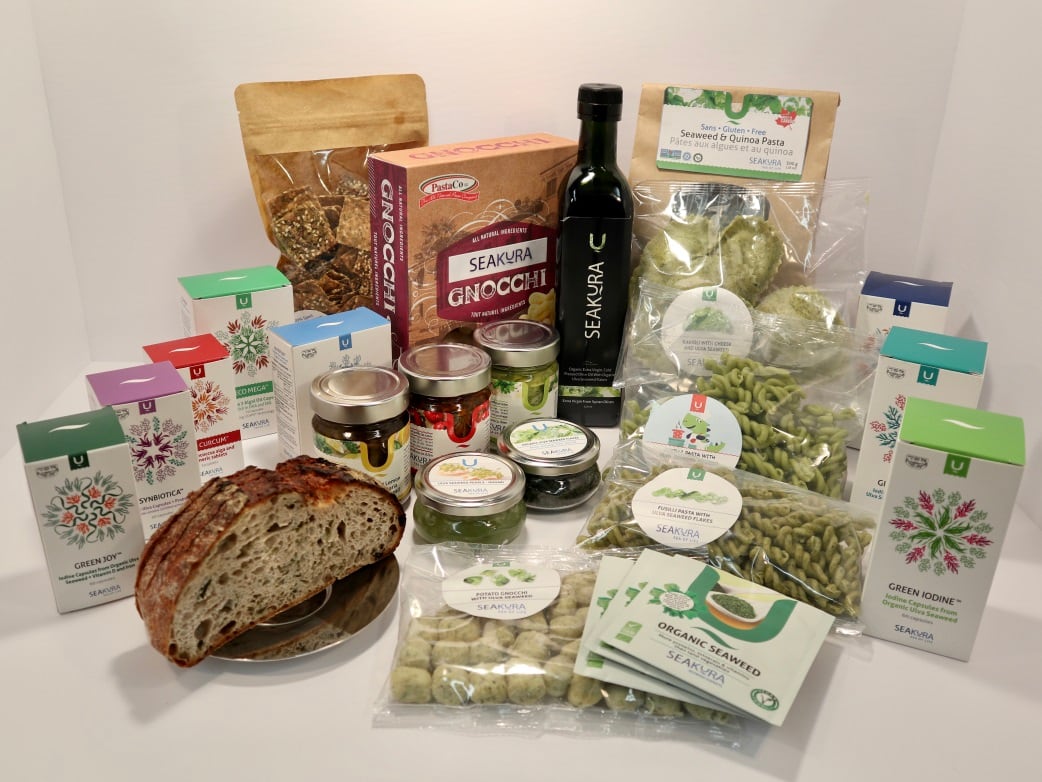
Seakura sell its premium biomass as an ingredient in several forms, including fresh-frozen, a dry powder and dry flakes. These ingredients are fed into the food, nutraceutical and cosmetic markets.
The company produces a number of finished products, including a proof of concept line of dietary supplements in Israel and a range of culinary products. These include seaweed bread, crackers, pearls, spreads and pasta.
“We are negotiating the distribution of these end products in Europe and the US to join Seakura’s seaweed biomass which are already being sold in several European markets such as Italy, Germany and the UK,” Karta revealed.
The company also licenses its technology to third-party producers and is in the process of negotiating joint venture agreements in markets as diverse as the Philippines, Europe and India.
This model offers a number of advantages: “Not only [does it] satisfy market demand but also minimizes carbon footprints and CO2 emissions when it comes to freight shipping across the globe,” the ag tech founder said.
“Seakura's ultimate goal is to spread its unique technology far and wide so to address the world’s growing needs for healthy nutrients from the core of the food chain.”

